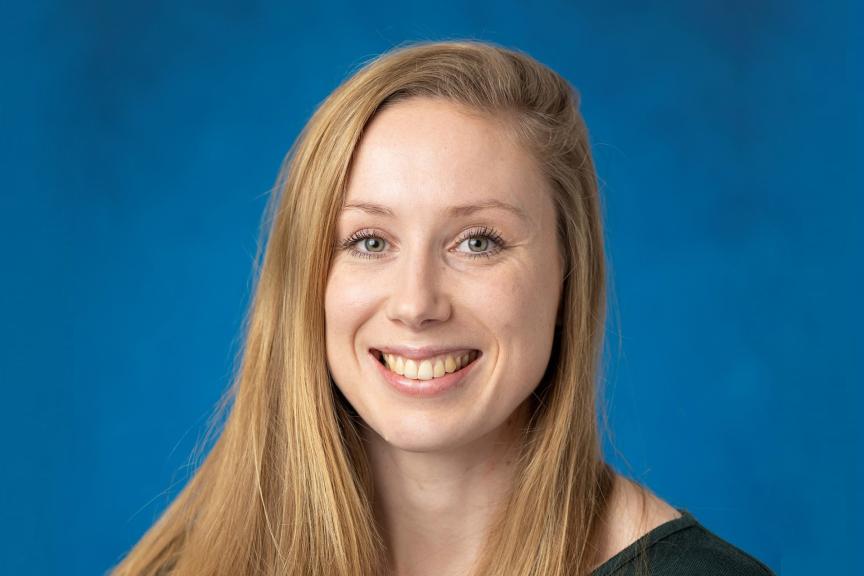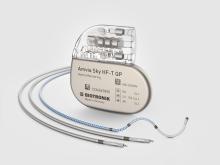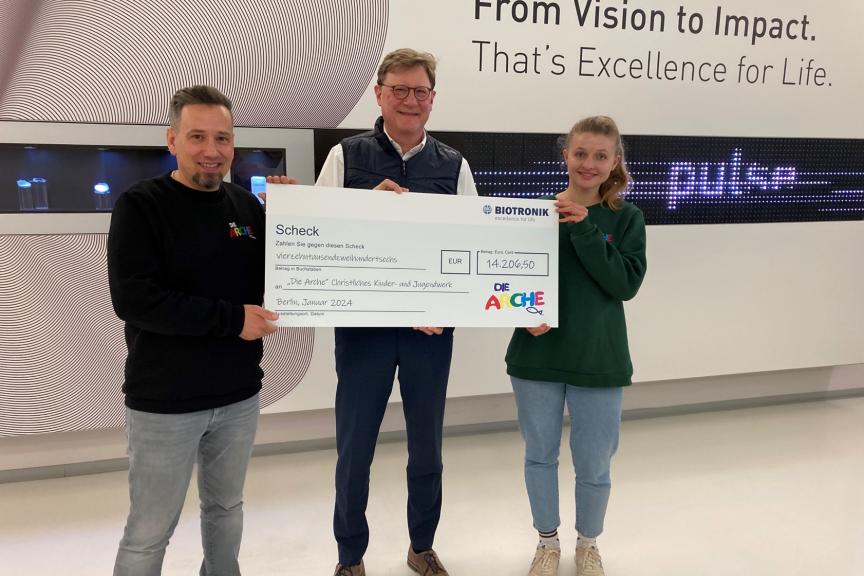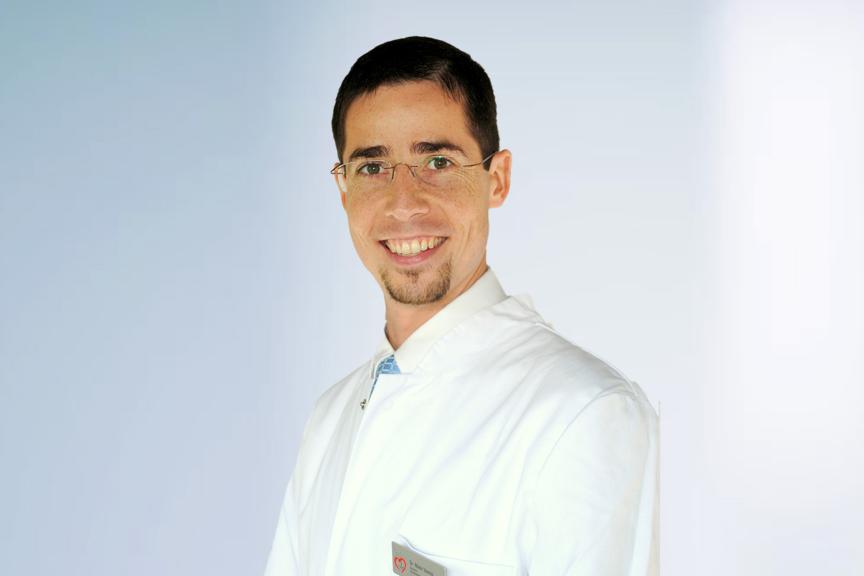Shaping Health Behaviors in Patients with Coronary Heart Disease
Optimizing Patient Experience With eHealth Solutions

Coronary ischemic heart disease is the most diagnosed heart condition, affecting approximately 200 million people globally and ranked as one of the leading causes of death worldwide. Exercising regularly, quitting smoking, and eating healthier are challenging lifestyle changes, yet crucial for CHD patients to prevent strokes and heart attacks. So, how can patients be encouraged to maintain these new habits, such as improved diets and regular exercise?
Emma Douma, a PhD student and researcher in the TIMELY project, has spent the past two years systematically reviewing the most effective behavior change techniques for CHD patients. Together with her colleagues, she assesses how patients react to digital tools such as chatbots. She facilitates focus groups to gain valuable insights into patient preferences for an app designed to promote healthy behaviors.
In this interview, Emma shares the challenges, key discoveries about patient behaviors, and the impactful work being done in the project. The goal of the EU-funded TIMELY project is to develop an AI-supported digital platform to better support CHD patients in leading healthier lives. BIOTRONIK is one of the 11 partners from research, industry, and clinical sectors driving this initiative forward.
What motivated you to join the TIMELY project, and which aspects are you most excited about?
I was immediately excited about the TIMELY project when I learned about its interdisciplinary approach which integrates medical science, behavioral sciences, and psychology. TIMELY combines insights from a patient’s diagnosis and medical tests with effective behavior change strategies, all while prioritizing the patient’s psychological well-being. I believe that this comprehensive approach is essential for making a real impact.
Personally, I was most excited about the opportunity to learn more about behavior change and how to work effectively with patients. I am deeply interested in understanding what motivates people to change their behavior and am committed to providing everyone with the opportunity to achieve the best lifestyle they can manage. For our TIMELY patients, this includes being physically active, eating a healthy diet, adhering to medication, reducing stress, and not smoking.
Could you describe your typical day working on the TIMELY project?
One of the great aspects of working on the TIMELY project is that no two workdays are the same. For example, yesterday I spoke with several patients who were interested in participating, as well as those already enrolled in the TIMELY app and had questions about its functionalities. Today, I attended two cardiac rehabilitation physiotherapy sessions to inform patients about TIMELY and to invite them to participate. Following that, I conducted an initial appointment with a new patient, during which I reviewed the study information and performed baseline measurements, including waist and hip measurements, weighing, and a 6-minute walking test.
How would the findings from your research contribute to eHealth and AI in healthcare, beyond the TIMELY project?
I believe the findings of the TIMELY study could significantly advance the broader field of eHealth by providing insights into how patients respond to prescribed exercise and chatbot interactions. These
innovative approaches have not been explored in this context before and would enhance our understanding of how-to better support patients in maintaining the behaviors they adopt during the cardiac rehabilitation program.
Looking back at your journey with the TIMELY project, what has been the most significant insight you've gained?
The most significant lesson I have learned is the importance of putting the patient at the center of eHealth intervention development and evaluation. Behavior change varies from person to person, so it is essential to design something that meets the specific needs of the patients.
During our focus groups, we gathered valuable insights into what would help patients modify their behavior through an app. For example, while many smoking cessation interventions rely on reminder messages, patients shared that reminders can be counterproductive by continuing to keep the focus on smoking. Additionally, although goal-setting features in apps are seen as beneficial, patients emphasized that the goals must be realistic and achievable to maintain motivation. These insights would have been challenging to obtain from questionnaires or user data alone. Setting realistic goals and celebrating small achievements helps patients stay on track and follow a sustainable plan of care.
What are the upcoming milestones in the TIMELY project?
In June, the TIMELY project hit a major milestone: 120 patients enrolled at our three main study centers in the Netherlands, Germany, and Spain. The project is set to continue until March 2025. To encourage patients to stick to new, healthier habits, a multifaceted approach is often necessary.
Over the coming months, we look forward to gaining more insights into patient behaviors and developing a valuable user-friendly tool that will benefit both patients and clinicians. This tool aims to enhance the care of coronary heart disease in the future. Personalized plans that have individual preferences and limitations can make new routines more manageable. While developing an effective eHealth tool takes time, the results promise to be well worth the effort.

















































